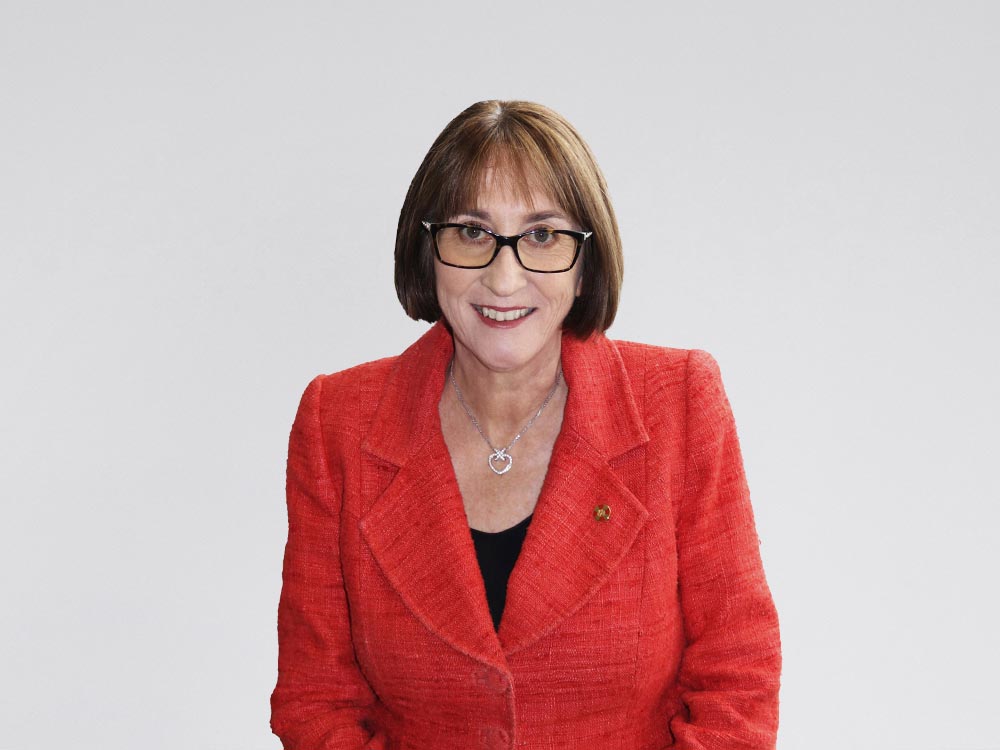There can be few tougher tests of leadership than the ones that 2020 has thrown at company directors and leaders. The days of worrying about disruption driven by technology seem like a dream in comparison with the urgency, pace, breadth and scale of the challenges that have pounded companies and sectors up and down New Zealand – and around the world.
As business models and entire sectors have been thrown into disarray, directors and leaders have been tested by unimaginable change and relentless decision-making. And here comes opportunity. Almost overnight, entirely new strategies have been required, driven by significantly reduced (or in some cases vastly increased) demand, a more mobile workforce, questions of bricks versus clicks, and major decisions about portfolios and resource allocation.
Amid this turbulence, the hot topic is how company directors and boards can reset for growth and success. What qualities do directors need, and what questions should they be asking, to discharge their responsibilities and duties? There are five core questions that company leaders should be asking themselves and their businesses:
Do you know your business well enough?
At this time of unrelenting scrutiny, directors and senior executives should be considering if all the parts of the business model they have been operating under still hold true? Are the basics robust and appropriate for the new world? And how do you get comfort that you have properly considered the existent matrix and your options?
To gather the evidence and examples required, every stone needs to be overturned. You can’t make assumptions about previous plans still being relevant. Now is the time to truly understand the business, its true impact and scope, and to get the right information – from inside the company as well as from stakeholders and shareholders.
Question whether you have stress-tested your board on issues of strategy and model appropriately. It’s important to shake the process, as you don’t want to be sitting on the other side of it. ‘Walking the floor’, doing your own research and getting appropriate advice would allow directors to maximise knowledge of the business enabling more effective decision making.
But getting the right information from management, stakeholders and shareholders is now more important than ever. As was highlighted earlier this year at MinterEllisonRuddWatts’ Corporate Governance Symposium, it is vitally important to sort the signal from the noise. This is an issue of quality, not quantity: information needs to be sufficient, accurate and timely, without adding to the burden of management.
Is it time to refocus and/or reinvent for the future?
A major question is whether the company is refocusing for the future or just dealing with the now. If you are constantly just reacting to the challenges, or filling in the gaps, then probably you are not taking a sufficiently future-focused approach.
This is a great time to ensure your business model is ‘future fit’ by asking what would our organisation need to look like to thrive now?
Ironically, amid a period of turbo-charged change, it has never been easier to try new ways of doing things. Directors should be thinking about what they are going to do to transform the business so it can not only survive, but thrive.
Transformation is linked to peoples’ behaviour and actions, so people must make the change. The challenge is that most people often prefer the status quo. Questions to consider and ask include: what is core/non-core to our business? How does our organisation need to be structured to adapt and succeed? Are we considering joint ventures or similar forms of partnerships with others in the market to extend and complement our reach and to strengthen our resilience? Do we have the right structures, or conversely impediments, in place to engage with the future of work initiatives? What societal and customer trends could arise in the new world and how will our business respond? Do we have the right management team in place to lead the transformation and make the changes necessary?
Does your business have the right culture, mindset and communication for change?
It is important that boards challenge themselves to understand how the new business environment might have changed their views on the people and culture markers that were previously considered standard, and to think about what new questions and insights are required from management.
A ‘steady as she goes’ mindset is unlikely to drive transformational change, so investing in culture and building trust should be at the forefront of the future-focused board. An organisation needs to trust and empower its people, and this is a great time to find out whom among your people can really thrive with the opportunities presented.
Boards should be thinking about how to build the organisation’s cultural reference for their people through internal communications, in a world where remote teams might not meet face-to-face as frequently as they did in the past. Communications need, therefore, to be more deliberate than ever. Change and culture require more rather than less communication, with boards identifying what investments (likely involving technology) are needed to ensure that communication remains open, and that effective mechanisms for receiving feedback are in place.
Do you understand what your stakeholders, investors and shareholders need from you?
Modern principles of corporate governance now require boards to consider broader stakeholder interests, and investors’ perspectives are shifting. While it is natural to concentrate on the short-term amid tough times, investors increasingly want to see companies turn their focus onto the longer-term.
Investors in local capital markets have, overall, been supportive of the changes to the rules around capital raising, reporting timeframes and directors’ duties safe harbours introduced by the Government and regulators. But they still require accountability and results. So how is your board engaging with them to ensure that their questions and concerns are being listened to, and what are you doing to keep them abreast of the changes you’re seeing in your operating environment, and the plans you are making?
Are you sufficiently focused on ESG?
As the operating environment evolves at a time when stakeholder expectations and accountability for performance have never been sharper, a big challenge for directors is to consider the social aspects of their business, including environmental and sustainability initiatives, as well as preserving and creating jobs if possible – as the Government may not be able to deal with those left behind after the effects of relief measures fade.
It is right to anticipate that the focus on the “S” (Social) in ESG will remain – and come into sharper focus – for investors when considering investments. Stewardship is the key term here, so time spent clarifying a company’s purpose and developing its strategy will be time well spent.
In conclusion
Now is the time to be bold, take calculated risks, reset strategy if it’s no longer fit for purpose, and act at pace. Plan and focus on the big opportunities created by current challenges – there is huge potential to transform your business for even greater success in a much-changed world.
Some practical questions to ask:
- What does our organisation need to look like to thrive in the new world?
- How can we transform the business to ensure that it evolves appropriately to remain successful?
- What are the societal and customer trends that could arise in the new world and how will they impact our business?
- Do we have the right leadership team in place to lead in these times/through transformation?
- Does the organisation’s current culture hinder or help transformation?
- How do we take our people with us in this journey/show them the future?
- How are we training and developing our people to meet current and future challenges?
- Are we marketing well to existing and new markets, consumer and investors?
- How is the future of work changing the way we engage with our business partners?
- Are we investing in technology to the optimum level?
- Are our current premises still needed/a good idea?
- Are we going fast enough and bold enough on ESG?
This article first appeared in Boardroom, the Institute of Directors bi-monthly magazine keeping members informed of relevant governance and business issues in New Zealand and overseas.


